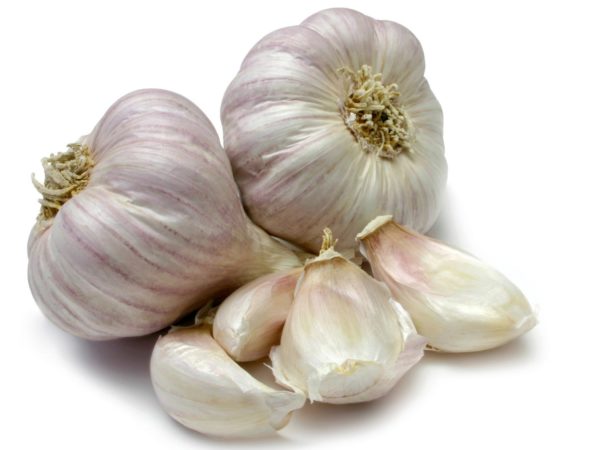Various cultures around the world already understand that herbs such as ginger, cinnamon, garlic and turmeric can effectively treat conditions like diabetes. According to research from the biomedical science department at the King Faisal University in Saudi Arabia, garlic may be the most powerful of them all for treating diabetes.
Meanwhile, the American Diabetes Association reports there is no evidence that herbs like cinnamon or garlic effectively treat diabetes
The highly acknowledged American Diabetes Association states that it is “leading the fight to stop diabetes and its deadly consequences.”
This mission statement sounds nice, but it is really just a pretty front. It’s all talk with no real solution. It’s a vague statement of false hope. The American Diabetes Association is really just keeping people in the dark about diabetes. Here’s why:
Garlic may effectively treat diabetes and oxidative stress.
From the Biomedical Science Department at the King Faisal University in Al-Hofuf, Saudi Arabia, comes a comprehensive study on three herbal spices: garlic, ginger and turmeric.
Studying the hypolipidemic, antioxidant and hypoglycemic properties of the spices, the researchers compared the modulating effect that these spices have on metabolic syndrome and oxidative stress of diabetic rats. Injected with streptozotocin nicotinamide, the rats in the study were induced with diabetes.
In the study, the diabetic rats were divided into four groups and examined for 28 days. One group was given 200 mg/kg body weight of garlic bulb. The other groups were given equal amounts of ginger root, turmeric root or a combination of the three herbs. The mixtures were administered in distilled water.
At the end of the four weeks, all three herbs alleviated metabolic syndromes of hyperglycemia and dyslipidemia by an average of 80 to 97 percent.
The production of insulin increased up to 37 percent in the diabetic rats. Similarly, the rats’ antioxidant defense systems were boosted, by a 52 percent increase. Likewise, oxidative stress as seen in lipid peroxidation decreased by 60 – 97 percent in the rats’ cells.
Prior to its lofty mission statement, the ADA established that “There is no clear evidence of benefit from vitamin or mineral supplements for people with diabetes who do not have underlying vitamin or mineral deficiencies. Nor is there evidence to support the use of cinnamon or other herbs or supplements for the treatment of diabetes.”
Read more: Natural News



